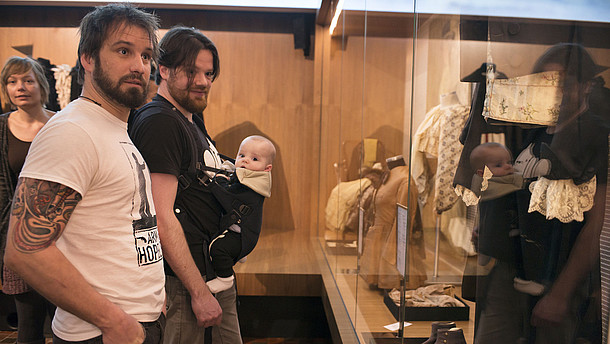The Museums Association writes that they are committed to creating inclusive and diverse museums that prioritise fair working conditions and workforce and community wellbeing. Therefore, in the summer 2022 they conducted a sector-wide research into workforce wellbeing with the following aims:
- To identify the current state of individual wellbeing within the workforce, understanding the wellbeing of all colleagues – volunteers, freelancers, and employees
- To identify factors at an individual, organisational and sector level that affect our individual wellbeing
- To identify ideas and priorities for action to positively effect change within the sector for everyone who works in and with museums
The research results will shape future campaigning on wellbeing in the museum sector carried out by the UK Museums Association.
- Access and read the research results
The recommendations brought forward by the Association include:
- Commit to creating a culture of care, prioritising wellbeing
- Ensure that wellbeing support is accessible to all staff, especially those in front-of-house roles
- Create tailored conversations to identify what works best for people; our experience of work is individual and wellbeing measures should be focused on individuals
- Explore the possibilities of implementing hybrid working; for roles that can only be carried out on site, explore other benefits such as additional leave and wellbeing days
- Support the wellbeing of the entire workforce including volunteers and freelancers
- Centre wellbeing proactively in all planning, budgeting, risk assessment and decision-making
- Ensure activities are sufficiently resourced to deliver successfully without excessive demands and impacts on wellbeing
- Regularly review policies and practice to ensure they are delivering their wellbeing aims
- Regularly review efficacy of wellbeing interventions to ensure they are still relevant, meaningful, have equity of access and are not performative
- Measure wellbeing, for example in employee satisfaction surveys
- Develop skills to support the wellbeing of others
- Centre people in all conversations, acknowledging emotional space and emotionally laden work undertaken, for example team meetings and annual appraisals




